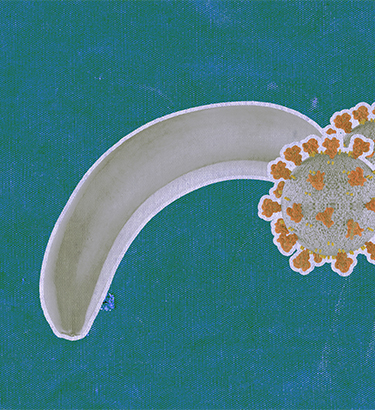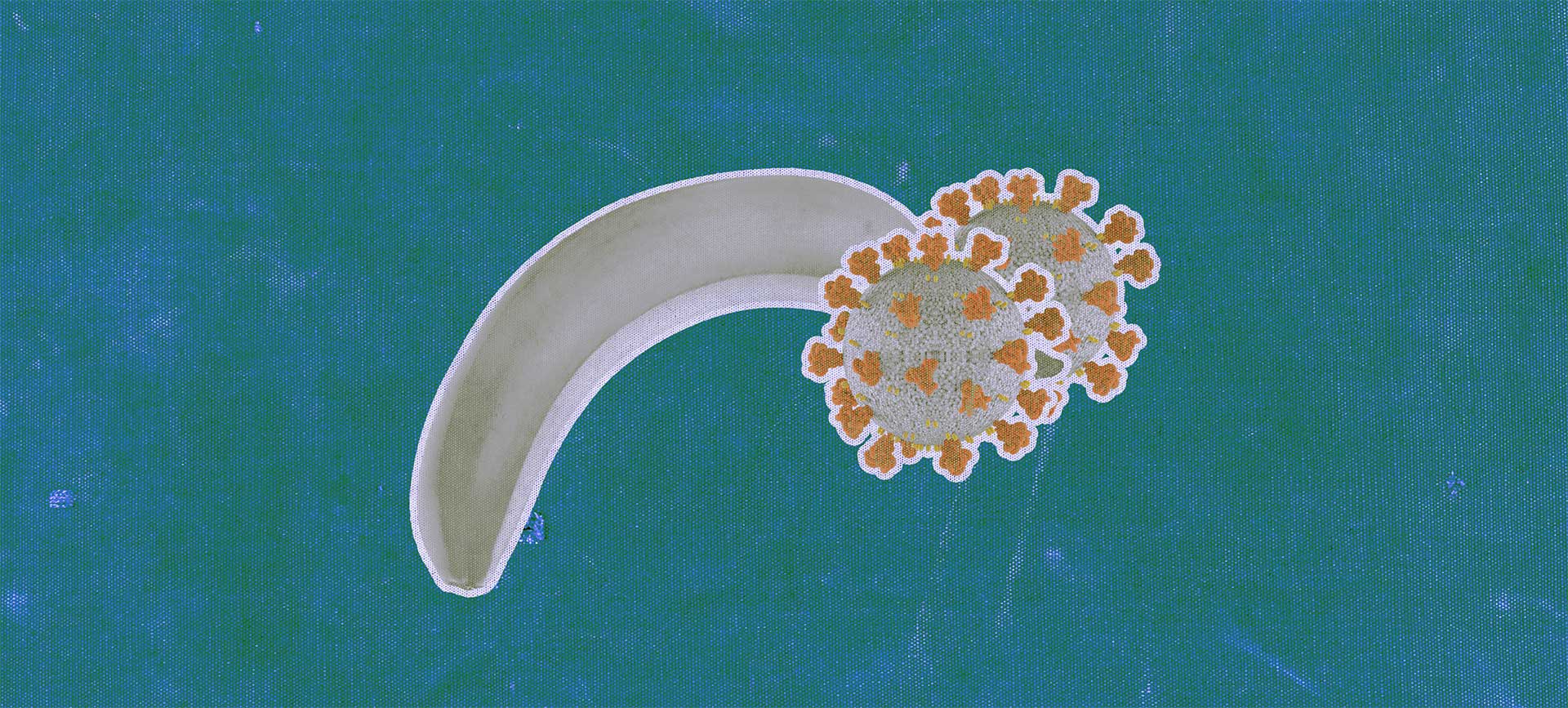It might be helpful to start with a quick review of how erections work—and how they occasionally don't work. From there, it's possible to look at why it's feasible COVID could be implicated in ED.
For a man to get an erection, a series of interlocking systems must function in concert.
First, sensory and mental stimulation begin the process of arousal. This sends nerve signals that trigger the release of hormones, which tell the muscles of both corpora cavernosa in the penis to relax and allow blood to flow in.
Simultaneously, veins that normally allow the blood to flow out of the penis close and trap it. A thin sheath of membrane called the tunica albuginea that surrounds the internal structures of the penis also helps to trap the blood, resulting in an erection.
On a fundamental level, the systems involved include:
- Mental and physical stimulation
- Nerve signaling
- Hormonal release
- Blood flow
Given this list, along with what we know about how COVID-19 affects the body and mind, it's not a big leap to suggest the virus could have an effect on erectile function.
"Any systemic infection that causes an inflammatory response, like COVID or many other illnesses, can disrupt the homeostasis and affect your erections," said Neel Parekh, M.D., a men's fertility and sexual health specialist with Cleveland Clinic. "That's not surprising. Definitely, the more serious illnesses that require hospitalization, that's probably more likely to affect erections."














